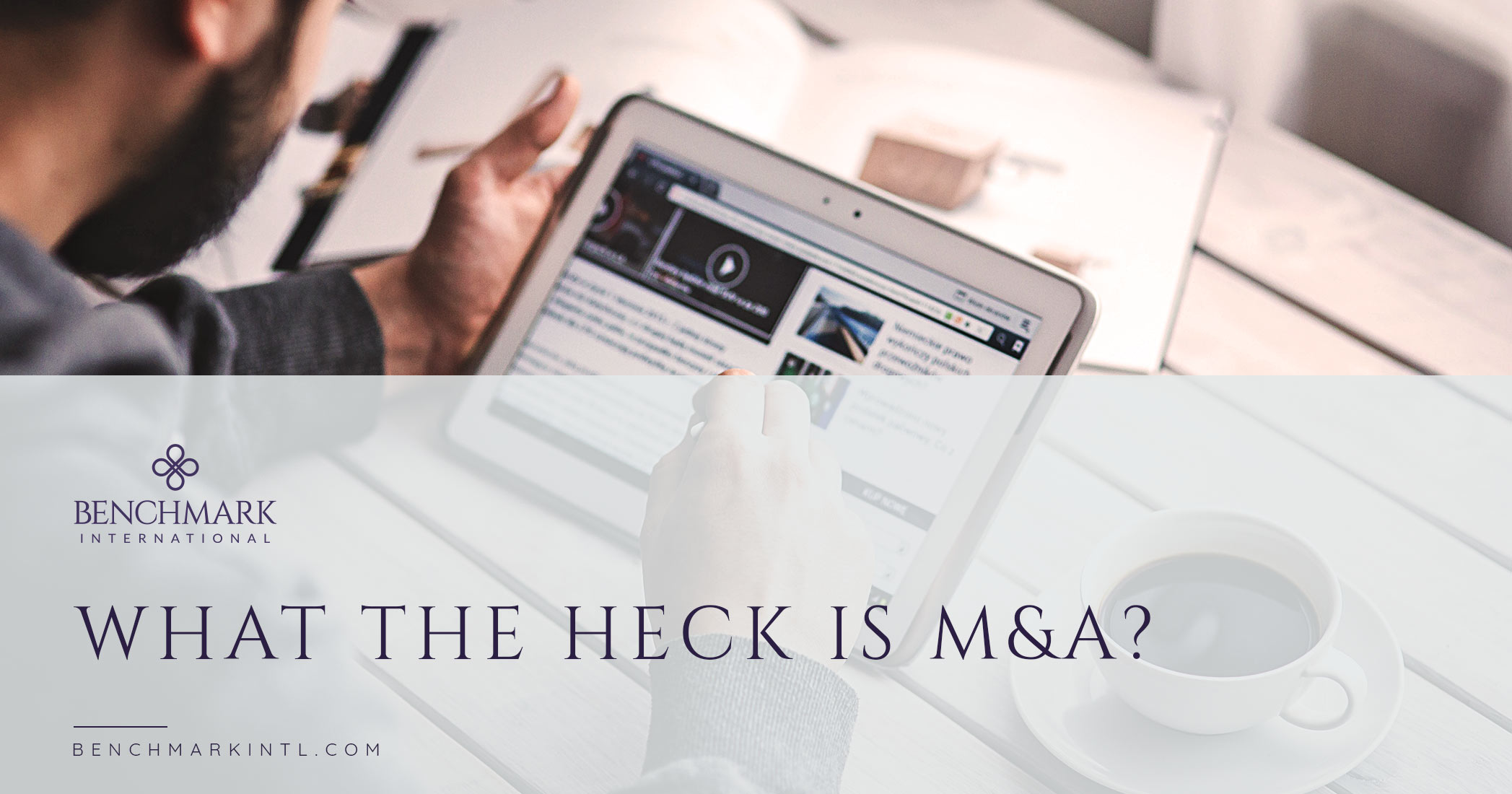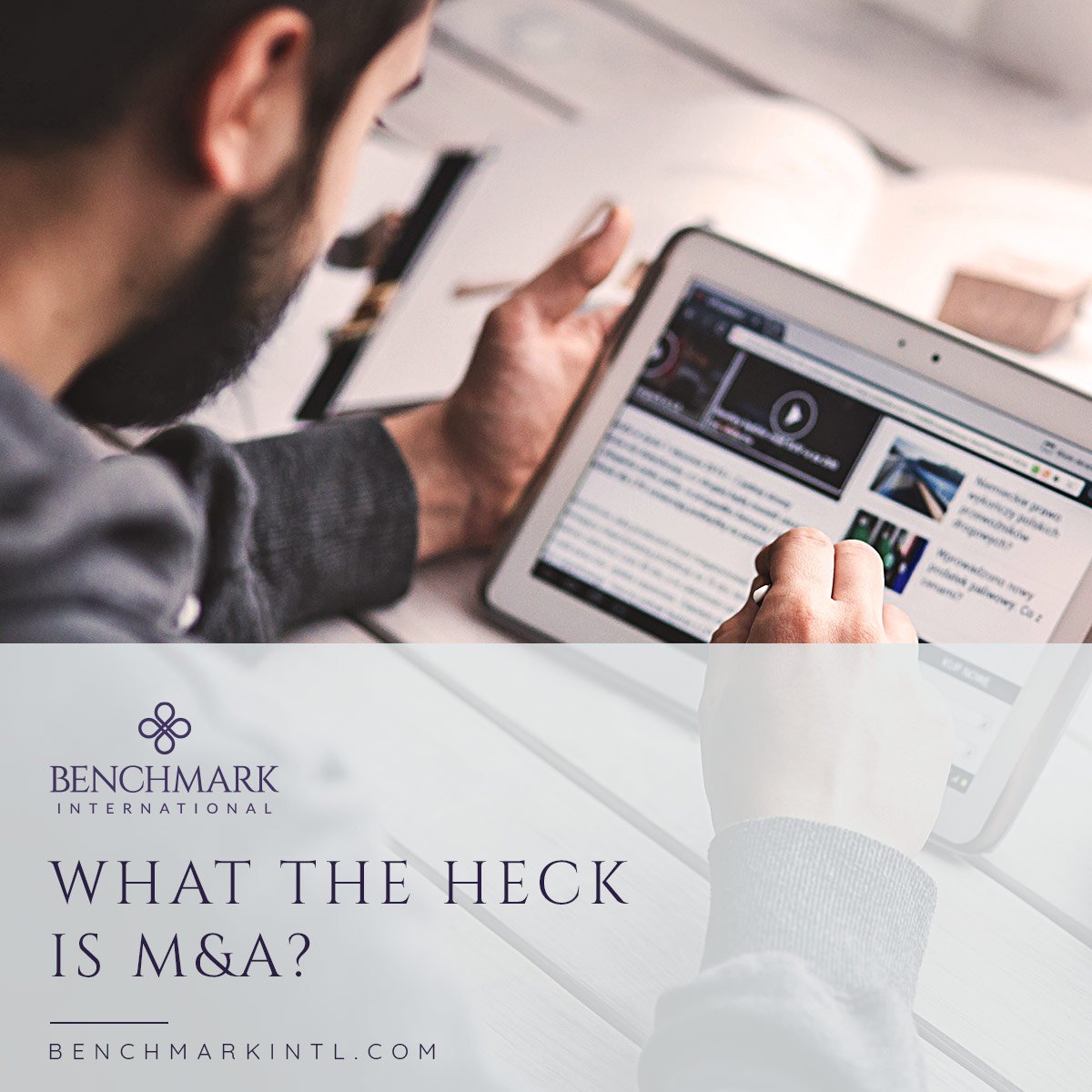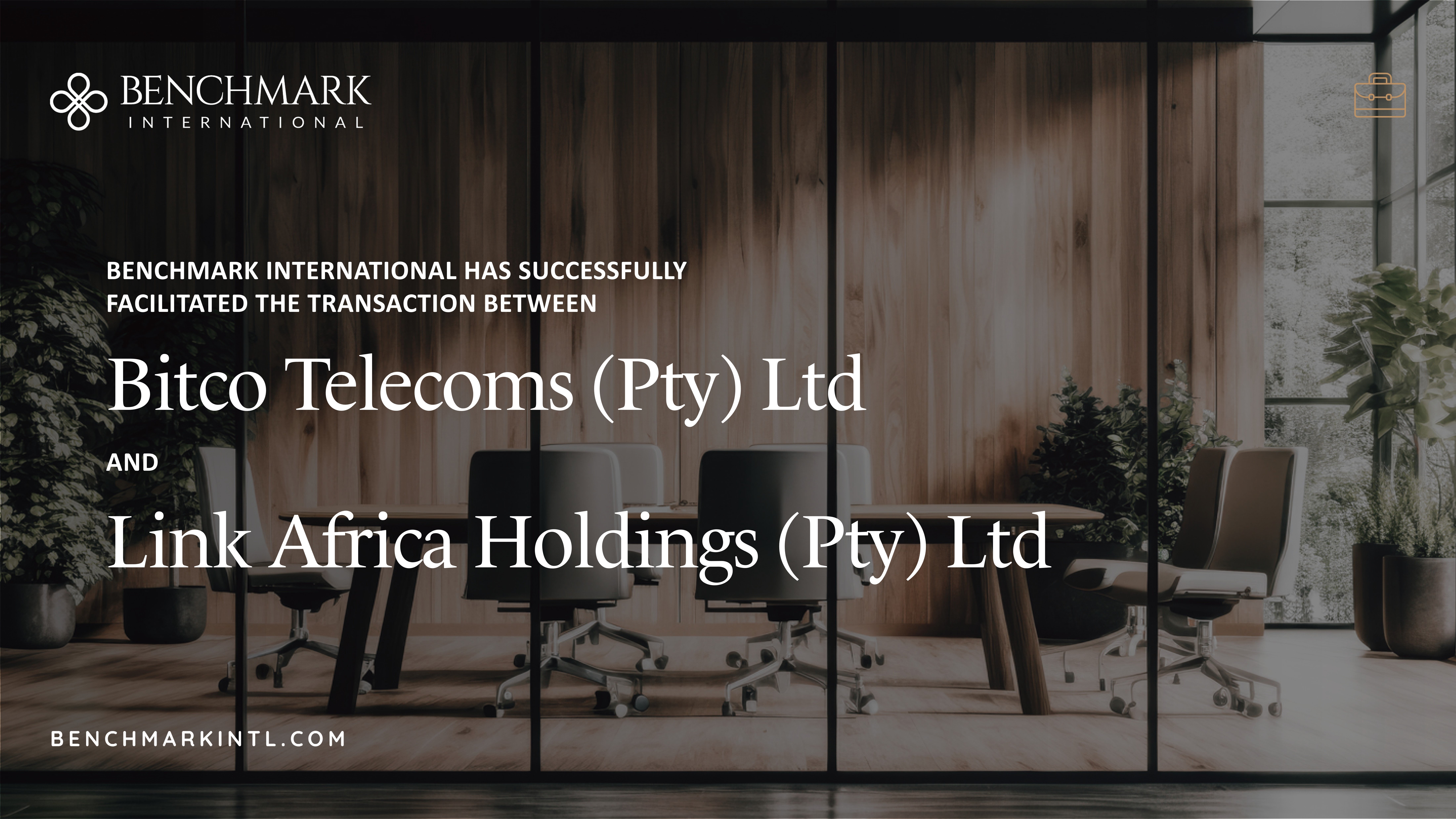
Mergers and acquisitions (M&A) involve the consolidation of ownership of companies through financial transactions. They serve as vital components of business strategies, allowing companies to innovate, evolve, and sometimes even survive. You may hear the terms "mergers" and "acquisitions" used interchangeably, but they are two fundamentally different types of transactions. Both processes are comprised of several phases, and both can take several months to years to complete. Some of the world’s largest and most successful companies grew to become what they are today through M&A activity.
The motivations behind M&A deals can be:
- Creation of synergy for lower cost of capital
- Improved performance and accelerated growth
- Achievement of economies of scale
- Increased market share
- Diversification of products
- Expansion of geographic markets
- Strategic realignment and technological advancement
- Diversification of risk
- The opportunity of an undervalued target
- Tax advantages
Mergers
A merger occurs when two companies join forces to do business as a single new entity, combining ownership and operations. In these situations, the stock of both companies is surrendered and new company stock is issued in its place. Stockholders of both companies must approve the transaction and consolidation of the businesses creates a new entity. Mergers can be structured in various ways:
- Horizontal Merger - The union of two companies in direct competition that share similar products or services and markets.
- Vertical Merger - Occurs between either a customer and a company, or a supplier and company, with complementary offerings.
- Congeneric or Concentric Merger - When two companies that serve the same consumer in different ways join forces as one company.
- Market-Extension Merger - Joining of two companies that sell the same products but do so in different markets.
- Product-Extension Merger - Takes place between two companies that sell different but related products in the same market.
- Conglomerate Merger - The merger of two non-competing companies that have no shared or common business areas.
Acquisitions
An acquisition occurs when one business purchases and takes over another one using cash, stock, or both, and establishes itself as the new owner. Once the buyer absorbs the business, the purchased company ceases to exist and their stock ceases to be traded. A simple acquisition often means that the acquirer obtains the majority stake in the purchased business and does not change its name or alter its legal structure. And sometimes a target company does not wish to be purchased. This is known as a hostile acquisition or takeover. In this situation, the acquiring company approaches the shareholders of the target company, bypassing the board of directors or executives. The target company may be acquired without the consent of upper management as long as the shareholders approve the transaction.
Management Acquisitions
Also referred to as a management-led buyout (MBO), the executives of an organization partner with a financier to buy a controlling stake in another business, making it private. These types of deals are often financed with debt, and must be approved by shareholders.
Tender Offers
A tender offer is when one business goes straight to the other company's shareholders and offers to purchase the outstanding stock of the business at a specific price. It is common for tender offers to result in mergers.
Acquisition of Assets
This occurs when one company acquires the assets of another company upon approval from its shareholders. This is common during bankruptcy proceedings, allowing for other businesses to bid on assets of the bankrupt firm, which is then liquidated upon the final transfer of assets.
Reverse Merger
There is also another acquisition type known as a reverse merger. This enables a private company with strong prospects to buy a publicly listed shell company with limited assets and without legitimate operations. Together they become a new public company with tradable shares.
Contact Us
M&A deals are some of the oldest and most reliable growth strategies in business. But they do require quite a bit of groundwork and complex valuation processes. In fact, it is not uncommon for M&A transactions to fail. If you are considering a merger or acquisition for your company, please reach out to our M&A advisory team at Benchmark International to get award-winning guidance and plan the next steps for your future and the growth of your company. We are experts at getting the most value for a business in a sale and we can help you decide if a merger or acquisition is right for you.
Americas: Sam Smoot at +1 (813) 898 2350 / Smoot@BenchmarkIntl.com
Europe: Michael Lawrie at +44 (0) 161 359 4400 / Enquiries@BenchmarkIntl.com
Africa: Anthony McCardle at +27 21 300 2055 / McCardle@BenchmarkIntl.com
ABOUT BENCHMARK INTERNATIONAL
Benchmark International’s global offices provide business owners in the middle market and lower middle market with creative, value-maximizing solutions for growing and exiting their businesses. To date, Benchmark International has handled engagements in excess of $6B across various industries worldwide. With decades of global M&A experience, Benchmark International’s deal teams, working from 12 offices across the world, have assisted hundreds of owners with achieving their personal objectives and ensuring the continued growth of their businesses.
Website: http://www.benchmarkintl.com
Blog: http://blog.benchmarkcorporate.com
 Benchmark International
Benchmark International  Benchmark International
Benchmark International 






